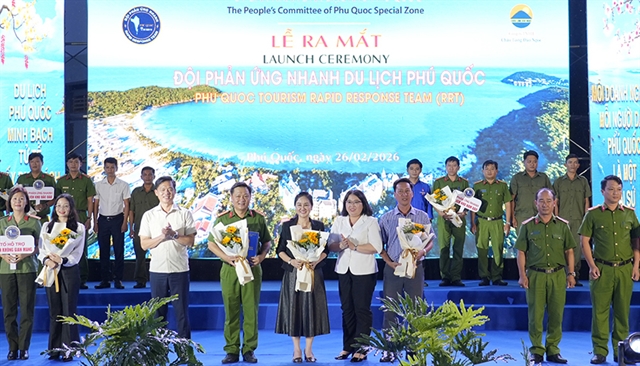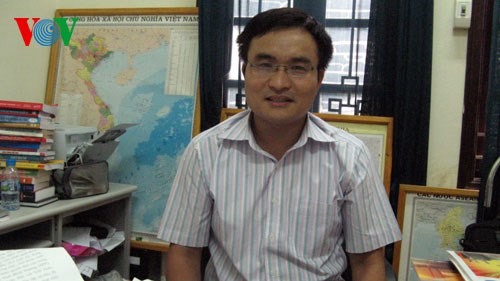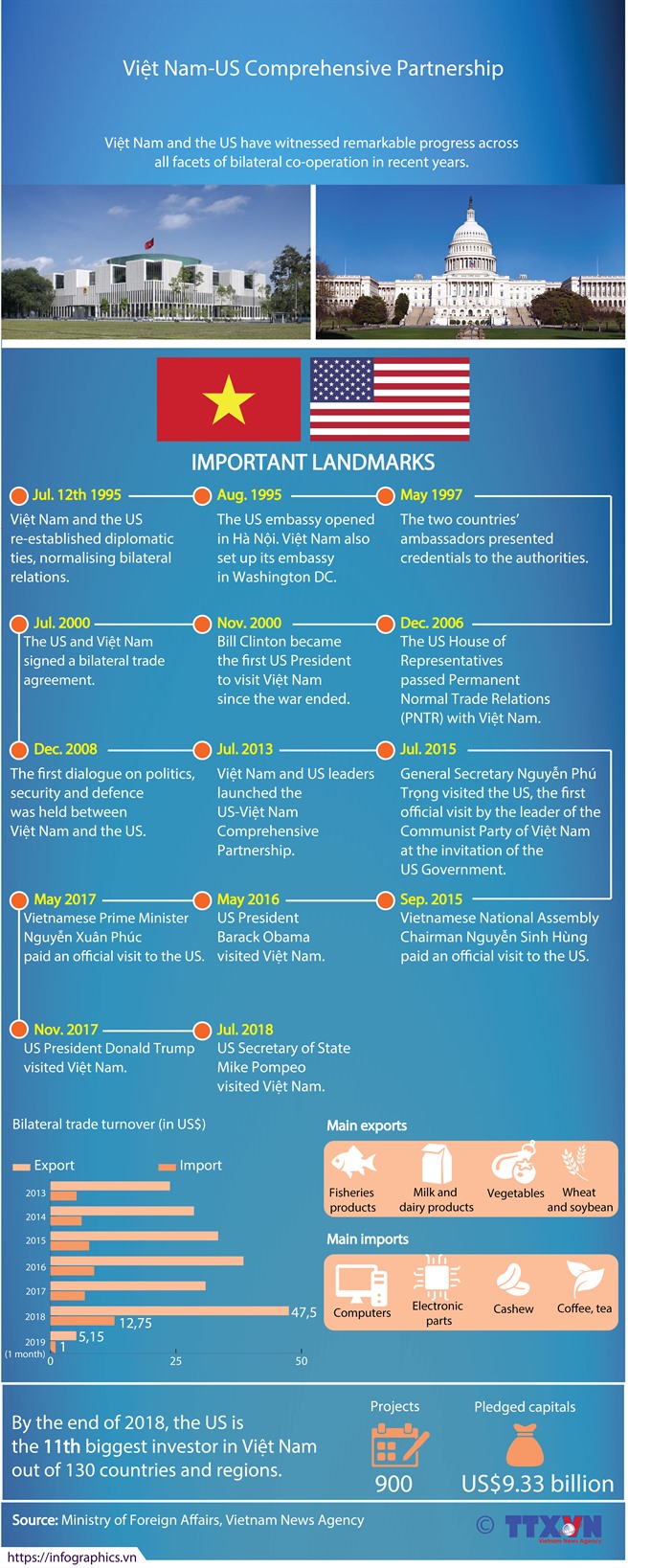 Politics & Law
Politics & Law

" />Lê Đình Tĩnh, deputy director of the Institute for Foreign Policy and Strategic Studies, talks to Thu Vân about Việt Nam’s current relations with the US and the experiences it can share with the DPRK in bringing about the normalisation process.
 |
| Lê Đình Tĩnh |
Lê Đình Tĩnh, deputy director of the Institute for Foreign Policy and Strategic Studies, talks to Thu Vân about Việt Nam’s current relations with the US and the experiences it can share with the DPRK.
What were the milestone events during the normalisation process between Việt Nam and the US? What were the most challenging issues?
The normalisation process was long and complicated even though joint efforts were made not long after the war.
Việt Nam first asked for reparations for war damages – a demand the United Stated refused to meet - but later agreed on normalization of ties with lesser conditions and flexible terms. That decision was probably made in 1978. In the 1980s, due to broad geostrategic calculations, the United States no longer gave the same priority to normalisation as it did in the latter half of the 1970s though its top concerns with Việt Nam remained a “full accounting” for the POW/MIAs and the Cambodian issue. An anti-Việt Nam sentiment, which was still strong in the United States, was also an obstacle. The thinking “shelving the past, looking to the future” gained more ground in the two countries in the early 1990s which paved the way for the lifting of the embargo in 1994 and establishment of diplomatic relations in 1995.
How has the relationship developed since then, and how has it helped Việt Nam’s development?
The bilateral relationship has developed quickly since the normalisation of ties.
Trade increased more than 100 times in 2018 compared to 1995. In 2013, the two countries agreed on a comprehensive partnership with nine key areas of co-operation, including politics, economics, defense and security, science and technology, education, war legacies and humanitarian co-operation. In 2015, General Secretary of the Party Nguyễn Phú Trọng made a historic visit to the United States while every United States President since 1995 has visited Việt Nam.
Việt Nam now has the highest number of students in the United States in ASEAN. All of these successes would have been impossible without the normalisation of ties.
 |
DPRK Chairman Kim Jong Un is in Hà Nội for a second summit with the US and also for a state visit to Việt Nam. How can Việt Nam share its experience in the normalisation process with the US with the DPRK?
The Vietnamese experiences both in economic development and normalisation with the United States have been studied by several countries. Chairman Kim Jong Un of the DPRK has expressed interest in the Vietnamese success story. Deputy Prime Minister cum Foreign Minister Phạm Bình Minh says that Việt Nam is willing to share those experiences if it is asked to by the DRPK. From a research perspective, the fact that both the United States and the DPRK chose Việt Nam as the venue for the second summit continues to show Việt Nam’s relevancy in this regard.
What does it mean for Việt Nam to host such an important event?
Việt Nam has deep experience in war and peace, and is a peace-loving country. This summit is testimony to Việt Nam’s proactive foreign policy, which promotes the country as a responsible member of the international community. Perhaps no other country would demonstrate the same level of enthusiasm to host the summit as Việt Nam. A message of peace and dialogue is consistently conveyed by Vietnamese leaders and diplomats and the summit will help to carry that message further.
The country’s image and profile will be raised when it comes to tourism, trade, investment and peace and security. Viet Nam will gain more confidence from the international community by resolving issues beyond its borders. Last year, Việt Nam sent a field hospital to Sudan as part of its commitment to maintaining peace with the United States.
Việt Nam will also send another message to international friends supporting the peaceful settlement of regional and international conflicts via dialogue and negotiations.
Can you share your expectations about the summit?
This summit will touch on more substantive topics compared to the first one in Singapore. The more details it has the more complicated it should be. So the two sides have to manage their expectations. Negotiations of this nature can take a long time. The Iran nuclear deal took more than 10 years. Even trade negotiations can some times span more than a decade. But taken together, the summit itself is already a success by helping sustain dialogue between the two countries. For peace-lovers in both countries and around the world, everyone should hope for the best and wish the summit a great success.—VNS